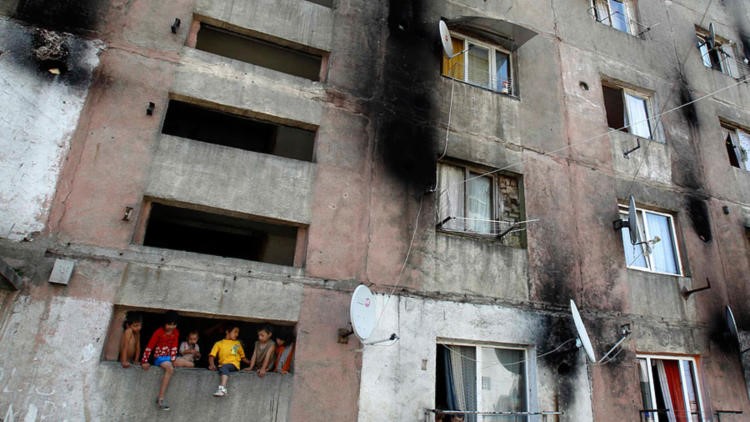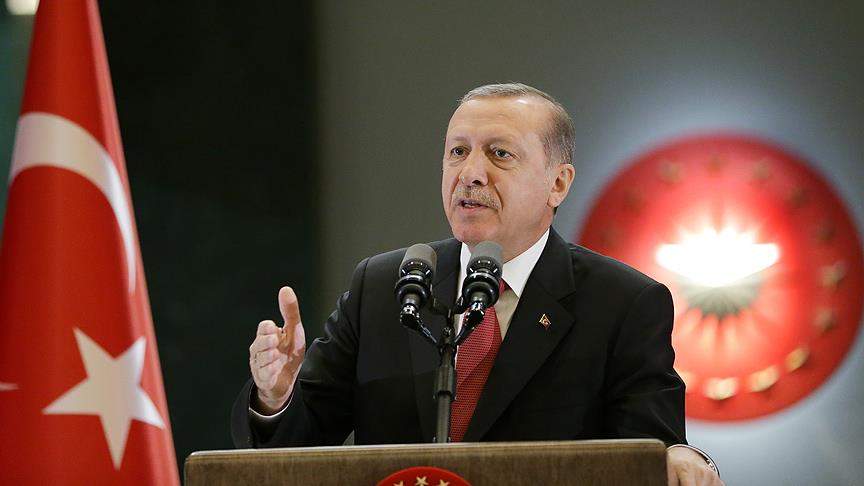
11.08.2016
EurActiv
Poor housing is costing EU economies €194bn every year in healthcare, social services and lost productivity, research has found.
A study commissioned by the European Parliament and carried out by the European Foundation for the Improvement of Living and Working Conditions (Eurofound) showed that European countries spend nearly €194 billion per year in both direct costs, such as healthcare or social services, and indirect costs, like loss of productivity.
“These [housing] inadequacies have negative impacts on health, result in a greater vulnerability to accidents, and have a negative impact on productivity and economic output,” the study says.
The removal of deficient housing would cost a total €295 billion. However, the totality of money spent would be reimbursed nearly 18 months later.
The expenses concerning the disappearance of housing deficiencies would be nullified via medical savings and efficiency gains, experts no
Quality of housing has gotten better during the past few years, the report says, but basic housing issues, such as insulation or heating, persist in a certain proportion of European homes.
Despite the fact that only 3% of EU members state citizens lack of basic facilities such as toilets or showers, disparities between nationals are present.
“In Romania, for example, 22% of the population has neither a toilet, nor a bath/sower,” read the report.
Structural problems, such as damp, were, however, more widespread, with 12% of EU residents living with damp or leaks, and 9% with rot in windows, doors or floors. Again, there were clear national differences: in Cyprus, more than half of residents reported a structural issue, whereas in Sweden and Austria, the number was around one in ten.
Economic dividend
In some countries, such as Spain, Greece or Hungary, the spending’s would be recuperated in in less than a year. And this without including non-health related results, such as home insurance, or potential economic capital.
Eurofound said: “The removal of housing inadequacies is a long-term investment that will pay both short-term and long-term social and economic dividends. The positive outcomes are not limited to health, where savings on healthcare provision would be some €9bn in the first year.”
The European Parliament ordered study stressed that actions could be taken, such as the improvement of data collection on a national level for intervention to be organized for a strong return on investment.
The eradication of house inadequacies is an investment simultaneously on the short-term, and the long-term.
Furthermore, the results are not just limited to health, but also help simulate local economies, improve social protection and the integration of migrants.
No comments yet.
- EUROPEAN COMMISSION RESPONDS TO TURKEY FM’S PROPOSAL TO LINK TURKISH STREAM, TANAP The Caucasus and Turkish-Armenian Relations 11.08.2016
-
 ERDOGAN: PROGRESS MADE IN KARABAKH CONFLICT SETTLEMENT
The Caucasus and Turkish-Armenian Relations
11.08.2016
ERDOGAN: PROGRESS MADE IN KARABAKH CONFLICT SETTLEMENT
The Caucasus and Turkish-Armenian Relations
11.08.2016
-
 GERMANY MULLS NEW SECURITY MEASURES AFTER JULY ATTACKS
Europe - EU
11.08.2016
GERMANY MULLS NEW SECURITY MEASURES AFTER JULY ATTACKS
Europe - EU
11.08.2016
- "A TRILATERAL MECHANISM BETWEEN AZERBAIJAN, TURKEY AND RUSSIA WAS ESTABLISHED" The Caucasus and Turkish-Armenian Relations 11.08.2016
- ARMENIA: TURKEY HAS NOTHING TO DO IN THE SETTLEMENT OF THE NAGORNO KARABAKH CONFLICT The Caucasus and Turkish-Armenian Relations 11.08.2016
-
25.01.2016
THE ARMENIAN QUESTION - BASIC KNOWLEDGE AND DOCUMENTATION -
12.06.2024
THE TRUTH WILL OUT -
27.03.2023
RADİKAL ERMENİ UNSURLARCA GERÇEKLEŞTİRİLEN MEZALİMLER VE VANDALİZM -
17.03.2023
PATRIOTISM PERVERTED -
23.02.2023
MEN ARE LIKE THAT -
03.02.2023
BAKÜ-TİFLİS-CEYHAN BORU HATTININ YAŞANAN TARİHİ -
16.12.2022
INTERNATIONAL SCHOLARS ON THE EVENTS OF 1915 -
07.12.2022
FAKE PHOTOS AND THE ARMENIAN PROPAGANDA -
07.12.2022
ERMENİ PROPAGANDASI VE SAHTE RESİMLER -
01.01.2022
A Letter From Japan - Strategically Mum: The Silence of the Armenians -
01.01.2022
Japonya'dan Bir Mektup - Stratejik Suskunluk: Ermenilerin Sessizliği -
03.06.2020
Anastas Mikoyan: Confessions of an Armenian Bolshevik -
08.04.2020
Sovyet Sonrası Ukrayna’da Devlet, Toplum ve Siyaset - Değişen Dinamikler, Dönüşen Kimlikler -
12.06.2018
Ermeni Sorunuyla İlgili İngiliz Belgeleri (1912-1923) - British Documents on Armenian Question (1912-1923) -
02.12.2016
Turkish-Russian Academics: A Historical Study on the Caucasus -
01.07.2016
Gürcistan'daki Müslüman Topluluklar: Azınlık Hakları, Kimlik, Siyaset -
10.03.2016
Armenian Diaspora: Diaspora, State and the Imagination of the Republic of Armenia -
24.01.2016
ERMENİ SORUNU - TEMEL BİLGİ VE BELGELER (2. BASKI)
-
AVİM Conference Hall 24.01.2023
CONFERENCE TITLED “HUNGARY’S PERSPECTIVES ON THE TURKIC WORLD"









